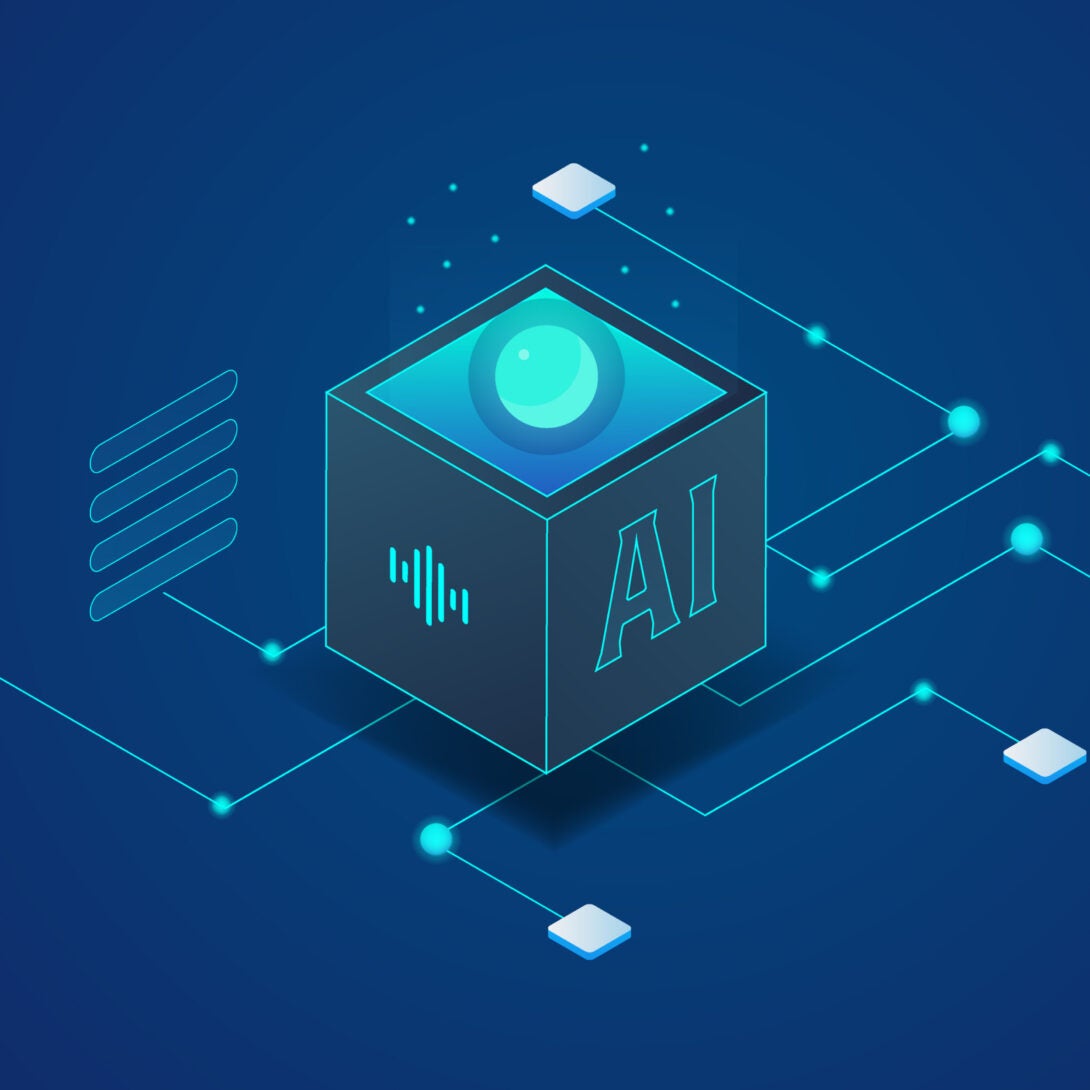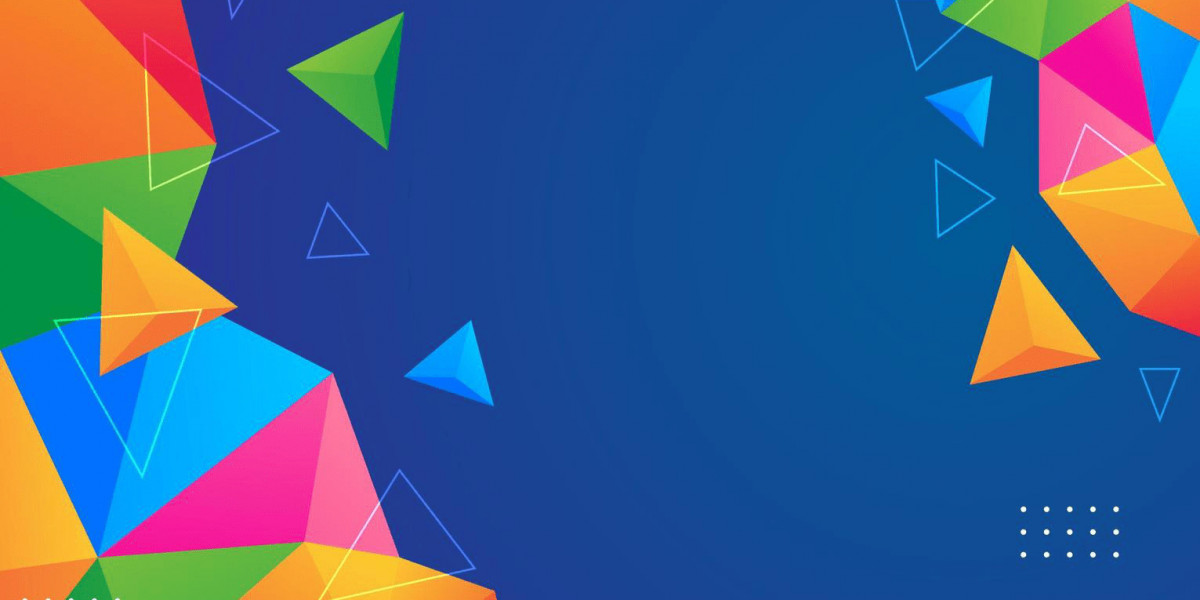Still banned at some schools, ChatGPT gains a main role at California State University.
On Tuesday, OpenAI announced plans to present ChatGPT to California State University's 460,000 trainees and 63,000 professor throughout 23 campuses, reports Reuters. The education-focused version of the AI assistant will aim to supply trainees with tailored tutoring and research study guides, while faculty will be able to use it for administrative work.
"It is vital that the entire education ecosystem-institutions, systems, technologists, educators, and governments-work together to guarantee that all trainees have access to AI and gain the abilities to utilize it responsibly," said Leah Belsky, VP and general manager of education at OpenAI, in a declaration.
OpenAI started integrating ChatGPT into academic settings in 2023, despite early concerns from some schools about plagiarism and possible unfaithful, resulting in early restrictions in some US school districts and universities. But over time, resistance to AI assistants softened in some educational organizations.
Prior to OpenAI's launch of ChatGPT Edu in May 2024-a variation purpose-built for academic use-several schools had currently been utilizing ChatGPT Enterprise, including the University of Pennsylvania's Wharton School (employer of regular AI commentator Ethan Mollick), the University of Texas at Austin, and the University of Oxford.
Currently, the brand-new California State partnership represents OpenAI's largest release yet in US higher education.

The higher education market has ended up being competitive for AI model makers, as Reuters notes. Last November, Google's DeepMind department partnered with a London university to offer AI education and mentorship to teenage trainees. And in January, Google invested $120 million in AI education programs and plans to introduce its Gemini design to trainees' school accounts.
%20Is%20Used%20In%20Biometrics.jpg)
The advantages and disadvantages

In the past, we've composed regularly about precision concerns with AI chatbots, library.kemu.ac.ke such as producing confabulations-plausible fictions-that may lead trainees astray. We have actually likewise covered the previously mentioned concerns about unfaithful. Those problems remain, and depending on ChatGPT as an accurate recommendation is still not the very best idea due to the fact that the service could present mistakes into scholastic work that may be challenging to find.
Still, some AI professionals in greater education believe that embracing AI is not an awful idea. To get an "on the ground" viewpoint, we spoke with Ted Underwood, a teacher of Details Sciences and English at the University of Illinois, Urbana-Champaign. Underwood often posts on social networks about the crossway of AI and greater education. He's very carefully optimistic.

"AI can be truly useful for trainees and faculty, so ensuring gain access to is a legitimate goal. But if universities outsource reasoning and composing to private firms, we may discover that we have actually outsourced our entire raison-d'être," Underwood told Ars. Because method, it-viking.ch it may seem counter-intuitive for a university that teaches trainees how to believe critically and resolve issues to count on AI designs to do a few of the thinking for us.
However, while Underwood believes AI can be possibly helpful in education, he is also concerned about counting on proprietary closed AI models for the task. "It's probably time to begin supporting open source alternatives, like Tülu 3 from Allen AI," he said.

"Tülu was developed by scientists who openly explained how they trained the design and what they trained it on. When models are developed that way, we comprehend them better-and more importantly, they become a resource that can be shared, like a library, instead of a strange oracle that you have to pay a charge to use. If we're trying to empower trainees, that's a better long-lasting course."
For now, AI assistants are so brand-new in the grand plan of things that depending on early movers in the area like OpenAI makes good sense as a convenience move for universities that desire complete, ready-to-go industrial AI assistant solutions-despite possible accurate downsides. Eventually, open-weights and open source AI applications might gain more traction in college and give academics like Underwood the openness they look for. When it comes to teaching trainees to responsibly use AI models-that's another problem completely.








